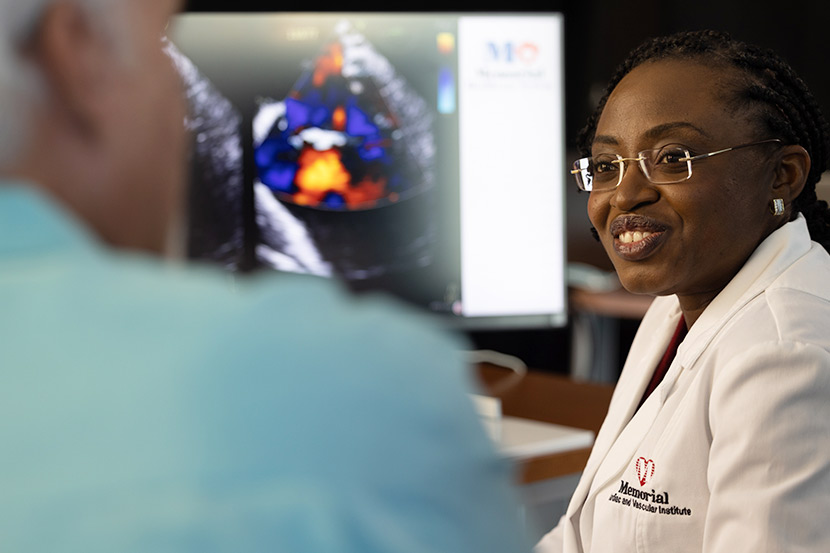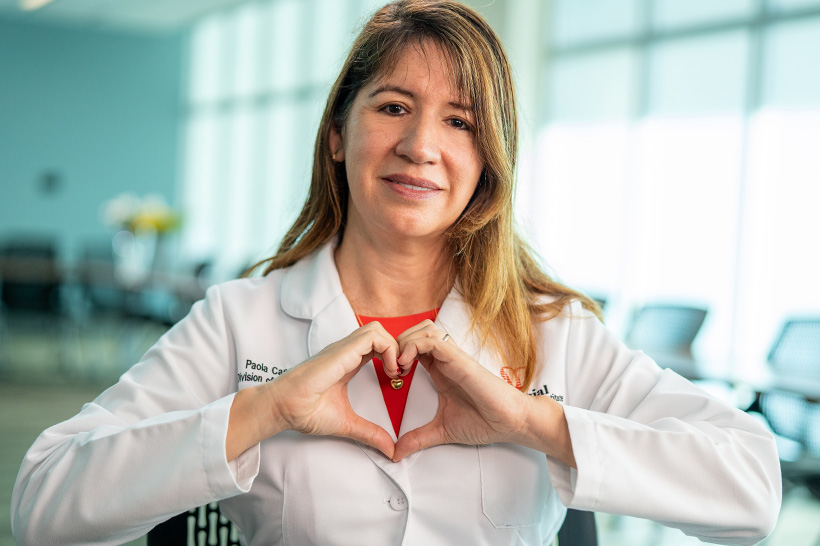
Memorial Cardiac and Vascular Institute
Leading with Heart To Save Lives
Quality Care with a ‘TotalHeart’ Approach
For patients with heart problems large or small, the future often feels uncertain. You may question how your heart health will affect your life, who can you turn to, and where you should go for care. That’s why so many heart patients — and other hospitals — turn to Florida’s Heart Hospital, Memorial Cardiac and Vascular Institute.
Comprehensive Heart and Vascular Care
When you choose Memorial, you are choosing a heart hospital with nationally recognized expertise and innovation.
Our cardiovascular diagnostic specialists choose the right test for each patient’s unique situation.
Our DiagnosticsWe are one of few heart disease programs to be accredited by the Adult Congenital Heart (ACHD) Association as a Comprehensive Care Center.
ACHD CareProviding minimally invasive treatments for a wide range of heart and vascular conditions, including TCAR to treat carotid artery disease.
Our TreatmentsTo find out more about our services or make an appointment, call:
954-265-7900Memorial Cardiac and Vascular Institute Offers a Wide Range of Cardiac Care

We Lead with Heart
Top Patient-Rated Care in South Florida
Memorial Cardiac and Vascular Institute patients consistently rate their satisfaction levels higher than the Florida average. We are committed to providing exceptional, one-on-one care, and we want your experience with us to be as positive as possible.
We Offer Best-In-Class Care
97.2% satisfaction with Overall Provider Care
96.8% of adult patients said they recommend Memorial
96.6% satisfaction with Courtesy and Helpfulness of Staff
93.7% satisfaction with Access to Care


















